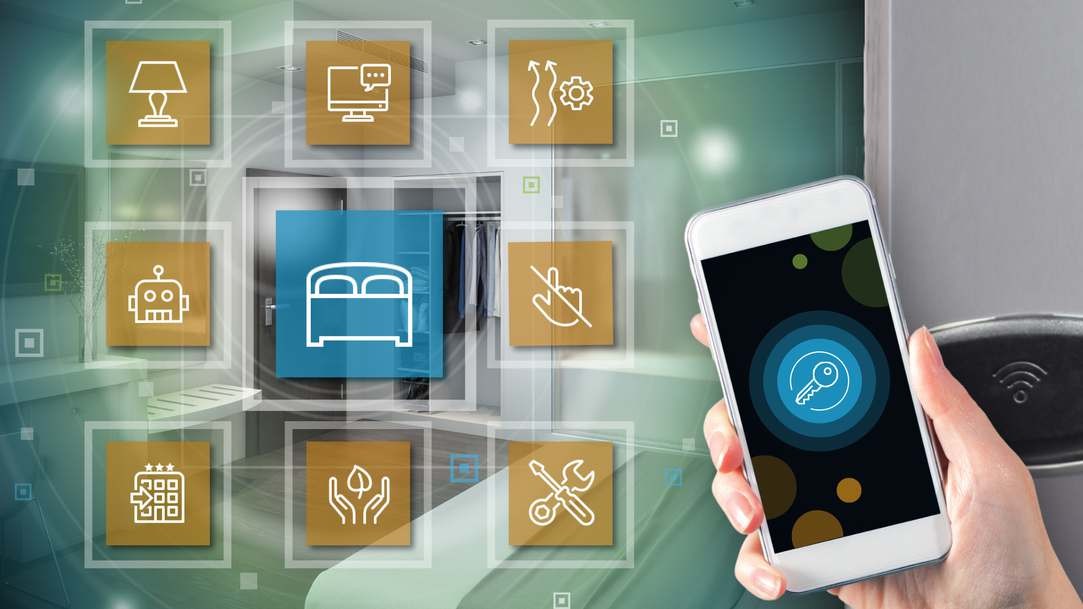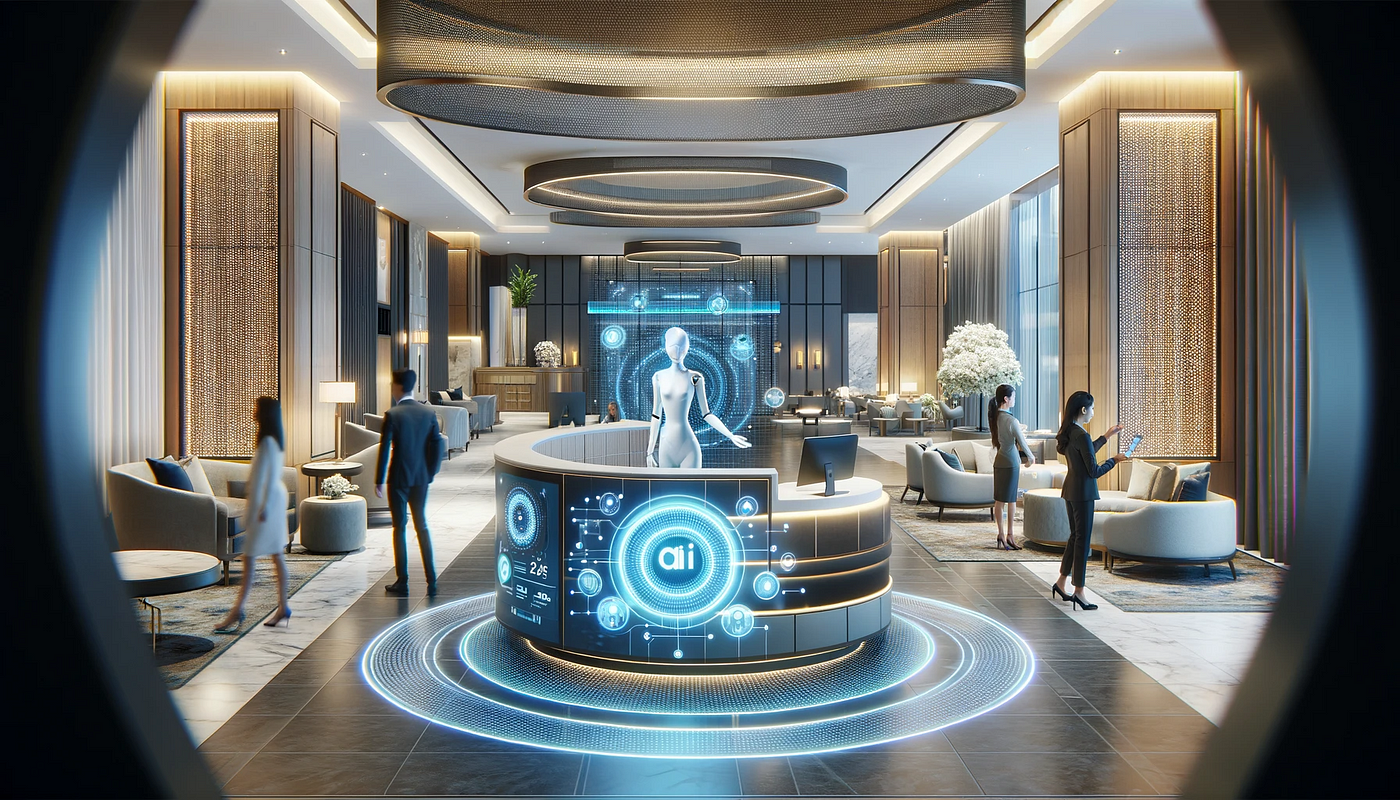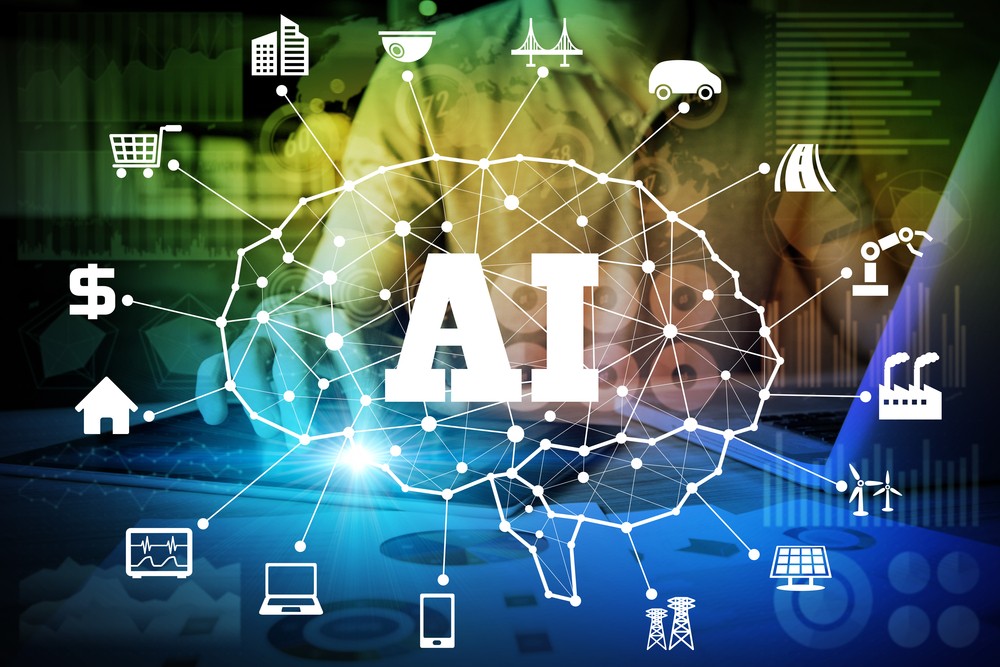The hospitality industry is on the brink of a technological revolution, with artificial intelligence (AI) poised to redefine the way hotels operate and engage with guests. As customer expectations evolve, AI-driven hotel service apps are set to play a pivotal role in delivering personalized and seamless experiences. Here’s a glimpse into what the future holds for AI in this domain.
1. Hyper-Personalized Guest Experiences
AI-powered hotel apps are expected to leverage advanced data analytics and machine learning to offer hyper-personalized services. By analyzing a guest’s past stays, preferences, and real-time interactions, these apps can recommend tailored room settings, dining options, and local activities. For instance, a frequent traveler who prefers a quiet room with a view might automatically receive such options during booking.
2. Seamless Check-In and Check-Out
The future of hotel apps will likely include frictionless check-in and check-out processes. AI can enable facial recognition and digital key technologies, allowing guests to bypass the front desk entirely. This not only saves time but also enhances privacy and security.
3. Predictive Maintenance and Operations
AI-driven predictive analytics can optimize hotel operations by anticipating maintenance needs before issues arise. For example, AI can monitor HVAC systems, detect anomalies, and schedule repairs proactively. This ensures uninterrupted guest comfort and reduces operational costs.
4. Voice and Chatbot Assistants

Voice-activated assistants and AI chatbots will become integral to hotel service apps. These tools can handle tasks ranging from booking modifications and room service requests to providing concierge-like recommendations. With advancements in natural language processing (NLP), these assistants will become more conversational, intuitive, and capable of handling complex queries.
5. Enhanced Sustainability Practices
Sustainability is a growing priority for both hotels and travelers. AI can assist in optimizing energy consumption, reducing food waste, and managing water usage. Apps might provide guests with insights into their environmental impact during their stay and suggest eco-friendly alternatives.
6. Real-Time Multilingual Support
As hotels cater to a global clientele, real-time language translation powered by AI will be a game-changer. Guests will be able to communicate their needs effortlessly, regardless of language barriers, fostering a more inclusive and welcoming environment.
7. Augmented and Virtual Reality Integration
AI-powered augmented reality (AR) and virtual reality (VR) features may become standard in hotel apps. These technologies can offer virtual tours of rooms and facilities before booking or guide guests through hotel amenities and local attractions during their stay.
8. Dynamic Pricing and Smart Recommendations
AI algorithms can analyze market trends, demand patterns, and individual booking behavior to offer dynamic pricing models. This benefits both hotels and guests by balancing affordability with revenue optimization. Additionally, AI can suggest upgrades or packages tailored to the guest’s preferences and budget.
9. Health and Wellness Integration
Post-pandemic, there is a heightened focus on health and wellness. AI in hotel apps might offer wellness recommendations, including gym schedules, spa appointments, or healthy dining options, based on a guest’s health profile or preferences.
10. Enhanced Data Privacy and Security
As AI relies heavily on data, ensuring its secure handling will be paramount. Future hotel apps will integrate advanced encryption and compliance measures to protect guest information, fostering trust and reliability.
Conclusion
The future of AI in hotel service apps promises to transform the hospitality industry by enhancing efficiency, personalization, and sustainability. As these technologies mature, hotels that embrace AI-driven innovations will not only meet but exceed the expectations of the modern traveler. The key to success lies in striking a balance between leveraging cutting-edge technology and maintaining the human touch that defines exceptional hospitality.

 Telegram
Telegram Whatsapp
Whatsapp Messenger
Messenger

















